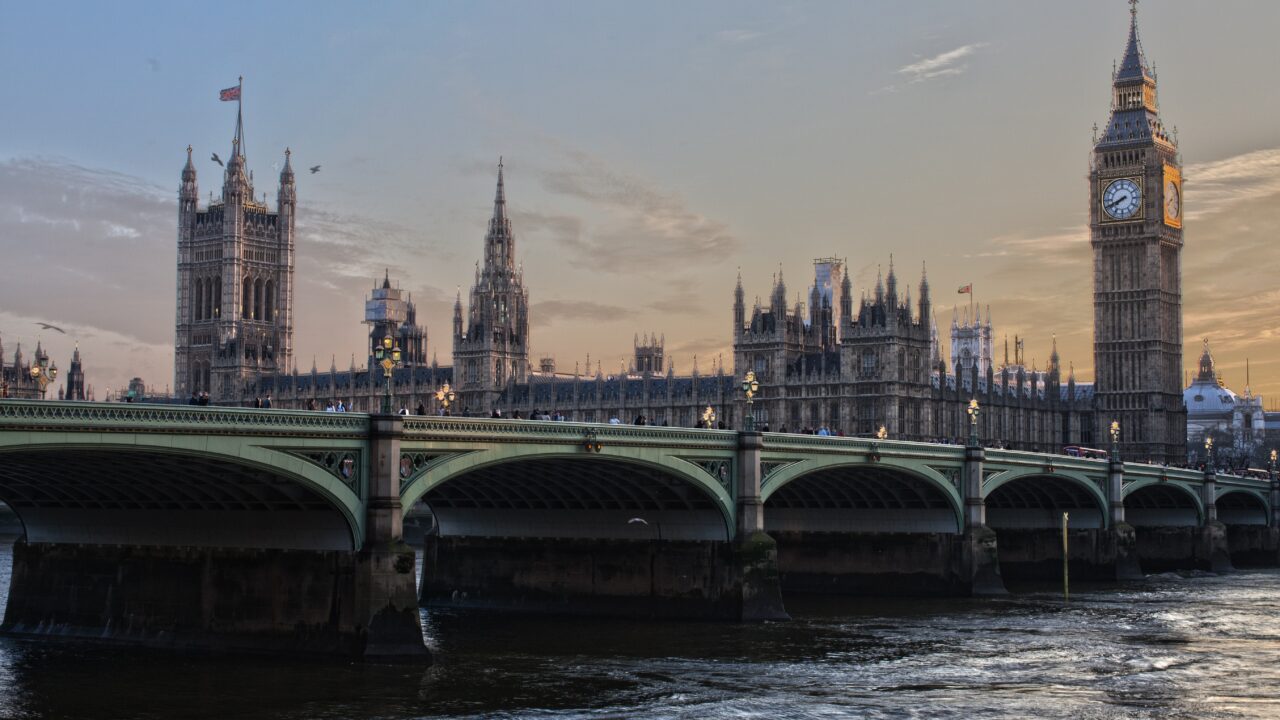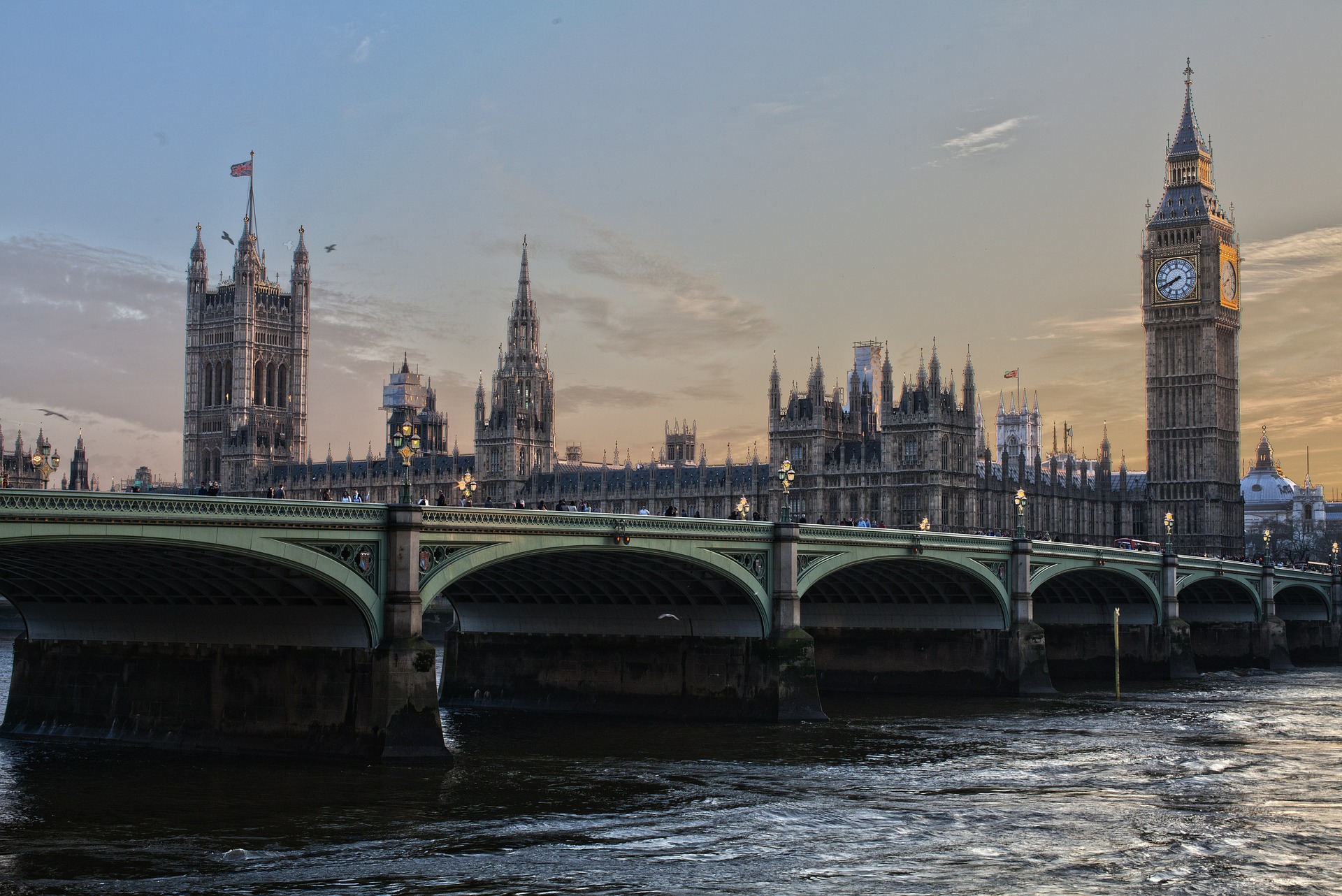Six reflections on what a Labour government may mean for Higher Education
With the latest opinion polls showing a Labour lead, Alistair Jarvis CBE, Pro Vice-Chancellor (Partnerships and Governance) at University of London discusses what a potential Labour government may look like for HE.

It’s likely that there will be a General Election next year (my best guess in autumn 2024). The opinion polls currently show a large Labour lead. Despite some progress by PM Sunak to steady the ship, the popularity of the Conservative Party remains low. This, coupled with the current turmoil in the SNP, mean a Labour majority government in Westminster is looking likely.
With a strong poll lead, the Labour Party’s political strategy is likely to be ‘play it safe’. Radical, bold, transformative policy announcements come with political risk. Evolution not revolution is the most likely message. To protect their lead the Labour Party will aim to communicate a narrative of being steady, competent, solid, trustworthy – particularly in the face of the economic uncertainty, cost of living pressures and significant global challenges.
Labour haven’t yet made many clear and specific policy announcements. Their focus has been criticism of the Conservative policies. So what might a Labour government mean for the Higher Education sector? I’ve six reflections on what we might see post a 2024 General Election – albeit ‘crystal ball gazing’ rather than insider knowledge!
1. Universities won’t be a priority…
Labour will prioritise new funding for early years provision. They will want to ensure that they are not outflanked by Conservative pledges on childcare. Additionally, schools, colleges and apprenticeships are all likely to be of higher priority in terms of both funding and policy reforms than universities.
2. Some policy priorities will sound very familiar…
Many of the biggest issues and policy debates for Higher Education will remain prominent, whichever party is in power.
Debates over funding won’t go away. Inflationary pressures (pay, bills, estates); a competitive market for UK and international students; the lack of full economic costs for research; the challenges of student hardship; and the lack of political (or public) appetite for more funding for Higher Education will all remain.
Debates over quality will not go away either. Politicians and public (understandably) expect universities to offer a high-quality education and value for money. Student experience and the quality of provision will continue to be a focus of policy and regulation, albeit we’ll see less aggressive baring of regulatory teeth. Whilst not abandoning a focus on outcomes, a Labour government will be more interested in ensuring that contextual factors are considered.
Skills, employment, flexible and lifelong learning will continue to be a focus. Employability and skills matter to the voting public, to parents and students.
3. Labour’s HE funding policy is hotly anticipated… but we’ll be waiting years for a definitive policy
Labour went into the last General Election with a pledge to abolish tuition fees and instead fund universities by raising tax on higher earners. Labour HE funding policy will not be so clear at a 2024 General Election.
Although a pledge to scrap tuition fees might help win some votes in some seats, polling suggests this policy isn’t enough to make a significant electoral difference. A fiscally cautious Labour Party, with other spending priorities, won’t want to invest £11bn+/year in universities from general taxation to make up the shortfall from lost tuition fee income.
I think more likely, is a vague pledge to ‘move on from the current expensive Tory tuition fees policy’ with a commitment to ‘establish a review to develop a fairer funding policy for HE in England’. This effectively kicks the can down the road for a few years.
A wide-ranging review could looking at how to make the current system more progressive, explore (again) a graduate tax, examine numbers caps, consider increasing maintenance support, and debate the balance of contributions between graduates, taxpayers and business. Labour in Westminster might also look to Wales for inspiration in making the funding system more palatable for students.
4. Access and admissions issues will remain in the political spotlight
Access and admissions issues will remain of interest to politicians, the media and the public. From A-level results day, to questions of how many people should be going to university, to fairness in the admissions system, to the challenge of meeting rising demand.
We can expect a reinvigorated focus on access to HE – a greater focus on improving access for under-represented groups and geographical inequality.
A Labour government may want to examine how the admissions system can best support and encourage students for disadvantaged backgrounds. The PQA debate may come around again.
5. International issues will have a significant impact
International uncertainty – security risks, China, Russia/Ukraine – may loom large for No.10 in the years ahead.
On immigration policy, the Labour leadership will not want to fight a General Election with pledges which suggest they are ‘weak’ on immigration. A liberal immigration policy will make it harder for them to win many of the winnable seats they need for a majority. However, a Labour government will likely want to send a more welcoming message to international students, recognising their value to the UK. We’ll see a positive change in narrative and they might attempt to separate international students from immigration figures.
6. External events, rather than political interventions will have the biggest impact
The biggest issues for the next government might be tackling external events that they can’t avoid – as has been the case in recent years with Covid-19 dominating the political discourse and shaping the economy.
The impact of China-Tawain tensions has the potential to dominate the agenda. Economic woes could worsen – continuing inflation, Brexit challenges, energy supply problems – putting even greater pressure on public finances and cost of living challenges.
It’s also quite possible that the dominant focus of the next government is an issue that neither I nor an incoming Labour leadership has yet foreseen!
Related Blogs



